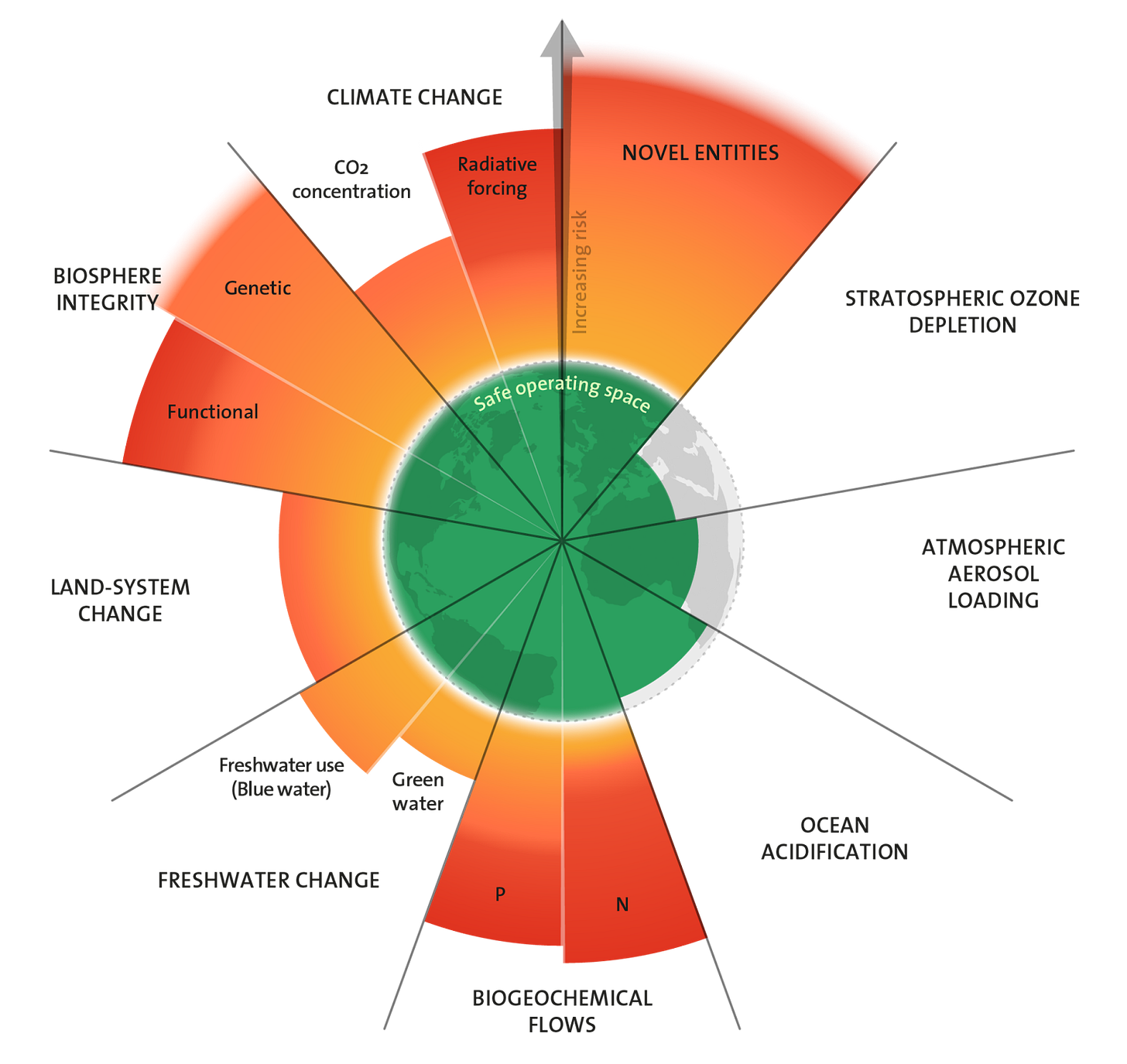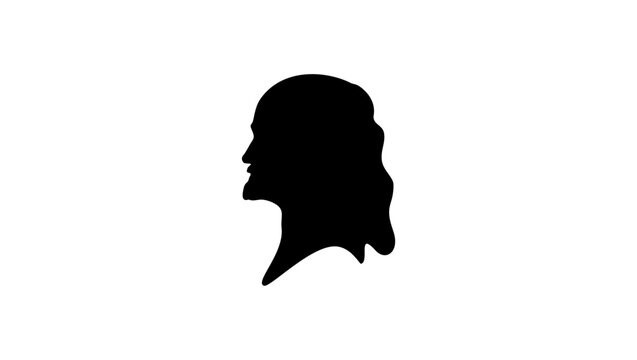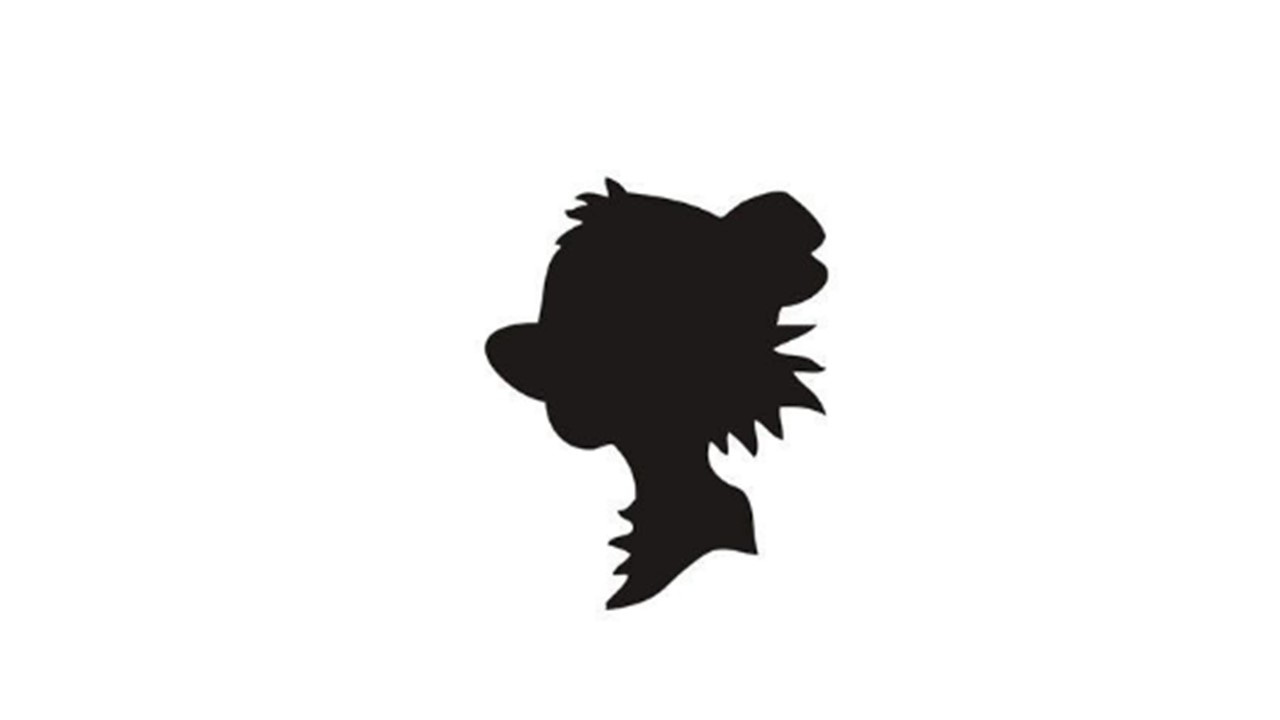Enough
Part 1
Photo by İrfan Simsar on Unsplash
My partners and I launched the Arketa Institute for Post-Growth Finance about a month ago, and our first report, By Disaster or Design, came out about a week ago. Our aim in each endeavor is to educate financial professionals, economists and sustainability professionals that if we continue to insist on not settling for enough we will doom ourselves to nothing.
The word Arketa is Greek for “enough”, which we thought was an apt name for a think tank aiming to educate people that moving to a culture of accepting enough is needed, because our current model in which we stress that even overconsumption is never enough, leads to this:
Planetary Boundaries Framework
Our current economic, political and cultural models (in the Global North at least) all encourage overuse of resources and overconsumption because we have to keep GDP growing. If we fail to do so, the economy stalls, people lose jobs, people go hungry, everything breaks down.
So we are presented with two choices:
Keep doing what we are doing, and those planetary boundaries we have already crossed above just keep getting worse. We accelerate the destruction of our environment, making life on Earth harder and more precarrious with each passing year.
We cut down on our economic activity, to stay within planetary boundaries, but this causes massive disruptions to our economies, politics and culture. Even if we avoid the worst of environmental catastrophe, we would likely throw the world into a prolonged economic depression that would bring cultural and political upheavals that would likely be nasty and likely violent.
These options - which are the only options those defending the status quo give us both assume the same thing. That economic growth and always needing and wanting more are the natural state of nature.
I’m going to let you in on a little secret. There is no natural state of nature. Philosophers, politicians, and those with power and those without power have been contemplating these questions since they realized there were questions to contemplate. The “natural state of nature” that they inevitably come up with is one either to justify the current system (in which they hold power) or to condemn the current system (in which they do not hold power).
This brings me to one of my favorite quotes from one of my favorite books, Thomas Hobbes, Leviathan. Hobbes had his own thinking on the natural state of man. Hobbes thought that each human being is motivated by their own individual desires and fears, and to avoid a perpetual forever conflict between people he argues for an absolute sovereign that everyone agrees to obey.
Thomas Hobbes
No arts; no letters; no society; and which is worst of all, continual fear and danger of violent death; and the life of many solitary, poor, nasty, brutish, and short.
I think Hobbes had it wrong. Look, just because it is one of my favorite books doesn’t mean I have to agree with the guy. Leviathan was one of the first philosophy books I ever read, and it had a profound impact on me - but I didn’t think he was completely right.
I think Hobbes fails to consider that we human beings are social creatures who want to cooperate when we see that it is in our long-term interest to do so. If Hobbes was right, we never would have moved on from the law of the jungle and we would all still be killing each other mercilessly over every petty conflict. And yes, leadership can come from an all-powerful sovereign, but it can also come from a community that values each other, where there is likely a leader or elders to guide the society, but they don’t need to have an iron fist.
Enough is Enough
These options we are usually offered:
Business as usual that ends in our ruin, or
Stop growing and start dying as a society
aren't’ the only options there are. Those who benefit from the current system and want to see it continue are admitting that the only two options end in ruin. Their argument is that you might as well stay with the one you know, because that will be a more comfortable apocalypse.
How about just not having that apocalypse?
Admitting that we have enough is a valid choice. But it is one that will upend the current economic, cultural and political status quo. It will mean stepping away from overconsumption and overproduction and adopting ways of living that are not comfortable to us.
These aren’t ways of living that have never been tried. Just 50 years ago, we as a planet were using resources within the ability of the planet to regenerate. Before the invention of GDP about 90 years ago we weren’t obsessed with growth.
Civilization, markets, governments and societies existed before we got on this growth for the sake of growth treadmill. We can do that again if we choose, and we don’t have to invent a wholly unfamiliar way of life, just a slower pace of life where we focus more on providing for our community and not providing for some shareholder collecting more gold to sit on.
It was only about 100 years ago that advertising started to convince us that our wants were really needed - supercharging the overconsumption boom we have seen that has caused all this mess.
We can live here and be happy with less stuff. And we would be happier, healthier, and better off.
Enough is an option. Then again, if you don’t want to live that way, we have another quote from Hobbes to tie a bow on things:
Hobbes
If your emotional security depends on satisfying a need you didn’t have until you read the ad, go ahead.






It seems we find it easier to be presented with the choice of which colour phone cover we want than the choice of whether to have a viable future or not. Shades of Nero (the Emperor, not the coffee chain! Although...)
Yup. Read Kropotkin.